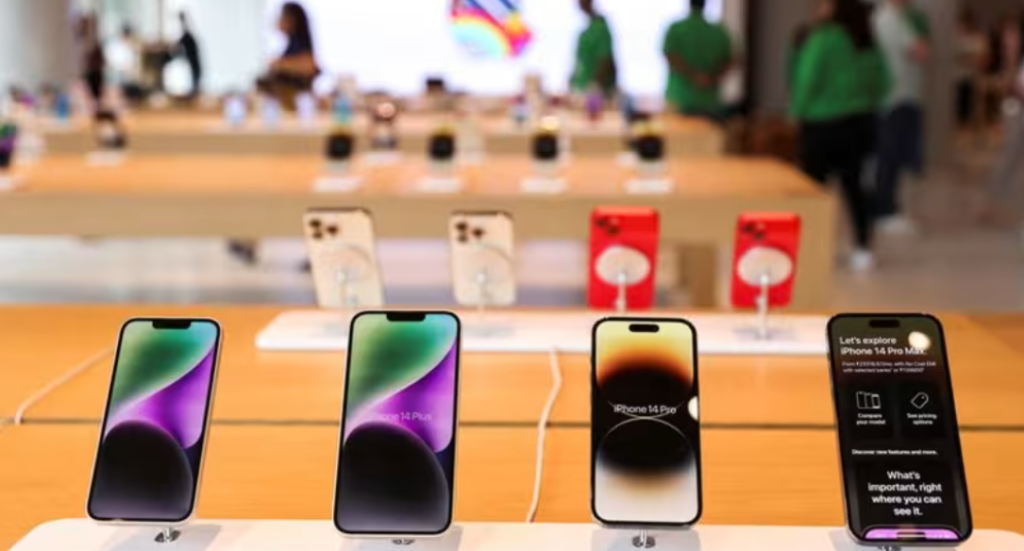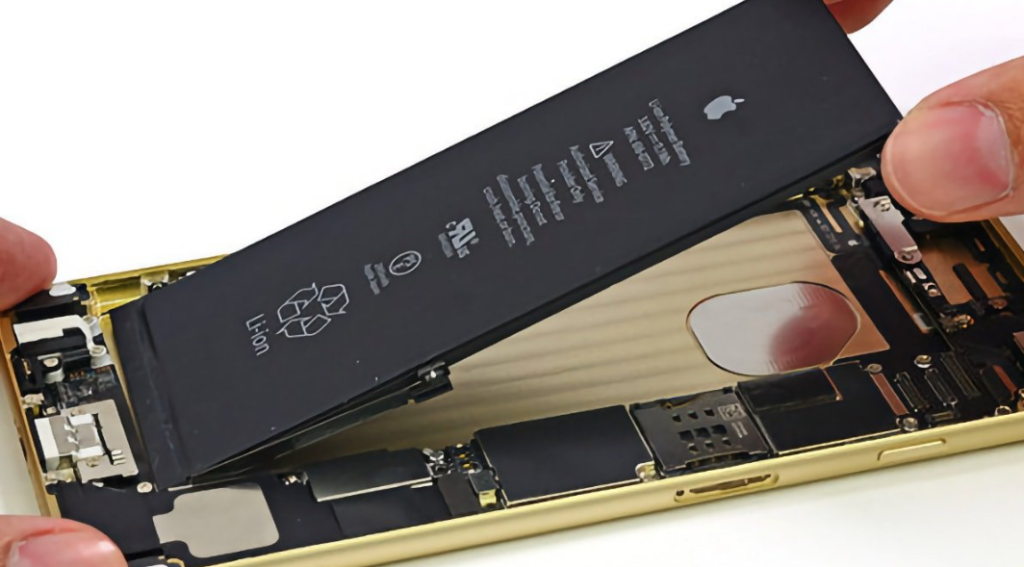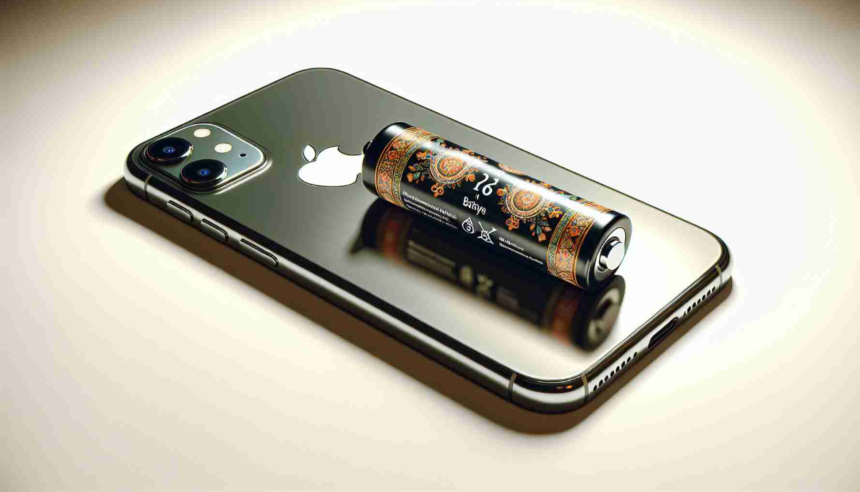According to a source, battery manufacturers like China’s Desay have been pushed to open new plants in India.
SUMMARY
- Purchase batteries for the upcoming iPhone 16 from Indian manufacturers.
- Apple is said to have alerted component vendors.
- The iPhone 16 is the next edition of Apple’s iconic smartphone, and it is slated to be released in September 2024.
According to reports, Apple has informed its component suppliers of its desire to obtain batteries for the next iPhone 16 from Indian facilities. This decision is consistent with the tech giant’s plan to diversify its supply chain and increase reliance on manufacturing capabilities in India, as well as an effort to diversify away from China. This information could not be independently verified by Business Today.
According to the article, battery manufacturers like China’s Desay are being pushed to open new plants in India. Simplo Technology, a Taiwanese battery supplier to Apple, has also been pushed to increase its production capacity in India in order to satisfy incoming demands.

On Monday, Union Minister Rajeev Chandrasekhar revealed that TDK Corp., a Japanese electronic parts manufacturer, will manufacture lithium-ion battery cells for Apple iPhones in India. “Another significant victory for PM Narendra Modi’s visionary PLI scheme in relocating the mobile manufacturing ecosystem to India.” “TDK, a leading supplier of cells to Apple, is establishing a 180-acre facility in Manesar, Haryana, to build cells for batteries that will be used in #MadeInIndia iPhones,” he said on the microblogging platform X (previously known as Twitter).

Meanwhile, Apple has notified the government that if the country follows the European Union’s law mandating universal charging connections for existing iPhones, its local production targets may suffer. According to a government document seen by Reuters, Apple is attempting to gain an exception or delay. Apple’s request coincides with the government’s push to impose a standard requiring USB-C charging connectors on cellphones, echoing a similar initiative underway in the EU.

The government and manufacturers have been in discussions about implementing this requirement by June 2025. While most manufacturers have agreed to comply, including Samsung, Apple has yet to support the idea. The charging port regulations in the EU go into effect in December 2024, with India aiming for a comparable implementation by June 2025. According to Reuters, Apple urged officials to exempt existing iPhone models from the regulation during a closed-door meeting chaired by the IT ministry on November 28, citing potential difficulties in meeting production targets set under the country’s production-linked incentive (PLI) scheme.

The PLI system provides tax breaks to Indian electronic producers, encouraging both new investments and annual increases in phone sales. Apple suppliers, such as Foxconn, have made considerable use of this initiative to boost iPhone production in the country.

Apple’s regulatory and product compliance executives stated that adopting the requirement on older phone models would make it difficult for the company to reach PLI standards. During the discussion, however, Apple did not define the particular production impact, and the IT ministry intends to review the proposal before reaching a decision.

The implementation of the universal charger requirement might offer a big challenge to Apple, which has seen strong sales growth in India in recent years. With India developing as Apple’s second most important market after China, Ming-Chi Kuo, a leading Apple analyst, forecasts that 12-14 percent of iPhone production in 2023 will come from India. He believes that this proportion will rise to as much as 25% in the coming year.
Click here, to check out the latest post on Instagram.
Also Read:Mortgage Refinance Demand Rises 14% As Interest Rates Fall To Their Lowest Level Since August
image source: google




































